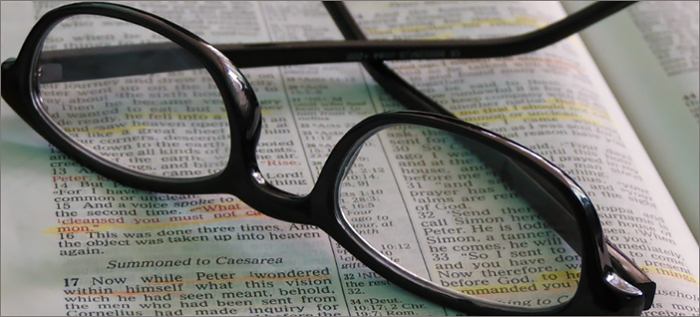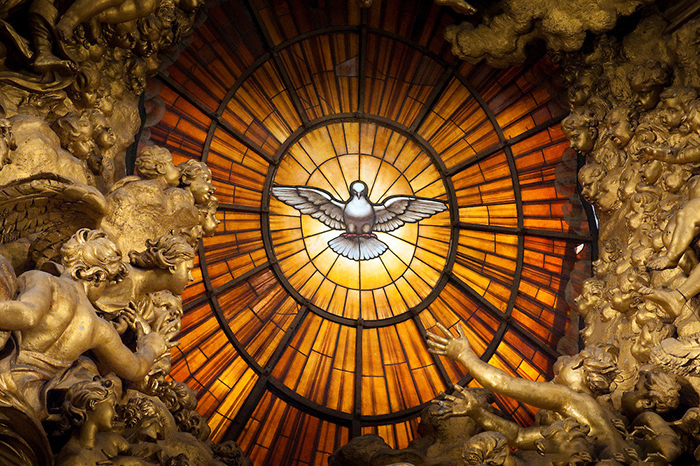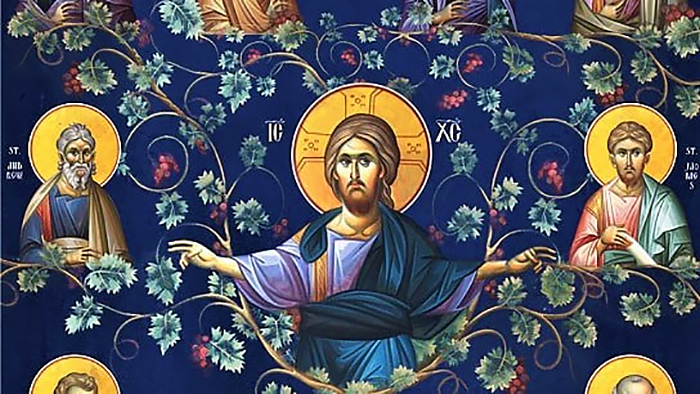
Fr. Ron Rolheiser writes that scripture tells us that we carry within us the image and likeness of God. But we should not picture God’s image within us as some beautiful icon stamped inside our souls. God is fire, holy energy, infinite creativity, infinite freedom, wildness beyond our imaginations, and energy that is boundless and fuels everything that is, that lives, that breathes, that searches for meaning. We see from Scripture that real revelation, a true in-breaking of God into our lives, always comes as a surprise, as something we could not have anticipated, programmed for ourselves, manipulated, or even imagined. Thus, scripture tells us to make a special place in our lives for the unfamiliar, the stranger, the foreigner, the person who is utterly different from us. What’s unfamiliar is what brings us God’s revelation. One of the marks of true revelation is that it stretches us, takes us into new territory, and opens us up to realities we cannot imagine. We sometimes experience dark nights of the soul in our faith and religious beliefs. What happens is that our religious securities, including our imaginative sense of God’s existence, disappear, and we are left not just with a new and surprising (to us) insecurity in terms of our religious belief but, more painfully still, the incapacity to imagine with any certainty the existence and nature of God. Our inner powers to feel, imagine, and sense God’s existence dry up and leave us in a certain “agnosticism.” The agnosticism we feel is a healthy unknowing, an unknowing that opens us up to a purer and deeper way of experiencing God. Essentially, what a dark night of the soul does is clear away false debris, false securities, and the manipulative images of God that we created for ourselves. When C.S. Lewis was struggling with his decision to become a Christian, one of the turning points in his decision to become a Christian came as the result of a challenge from J.R.R. Tolkien, the author of Lord of the Rings. Hearing Lewis express his doubt, Tolkien simply said: “That is a poverty of imagination on your part!” Nothing could be truer. God and the great mysteries are indeed beyond our imaginations, and sometimes, when we try to imagine them, we experience agnosticism precisely because we end up meeting ourselves rather than the true God. In our religious quest, we attune ourselves to a reality and a consciousness that is beyond our own, as opposed to touching what is highest inside of ourselves or highest within the collective ideals of humanity. In real religion, we meet God, not ourselves.









